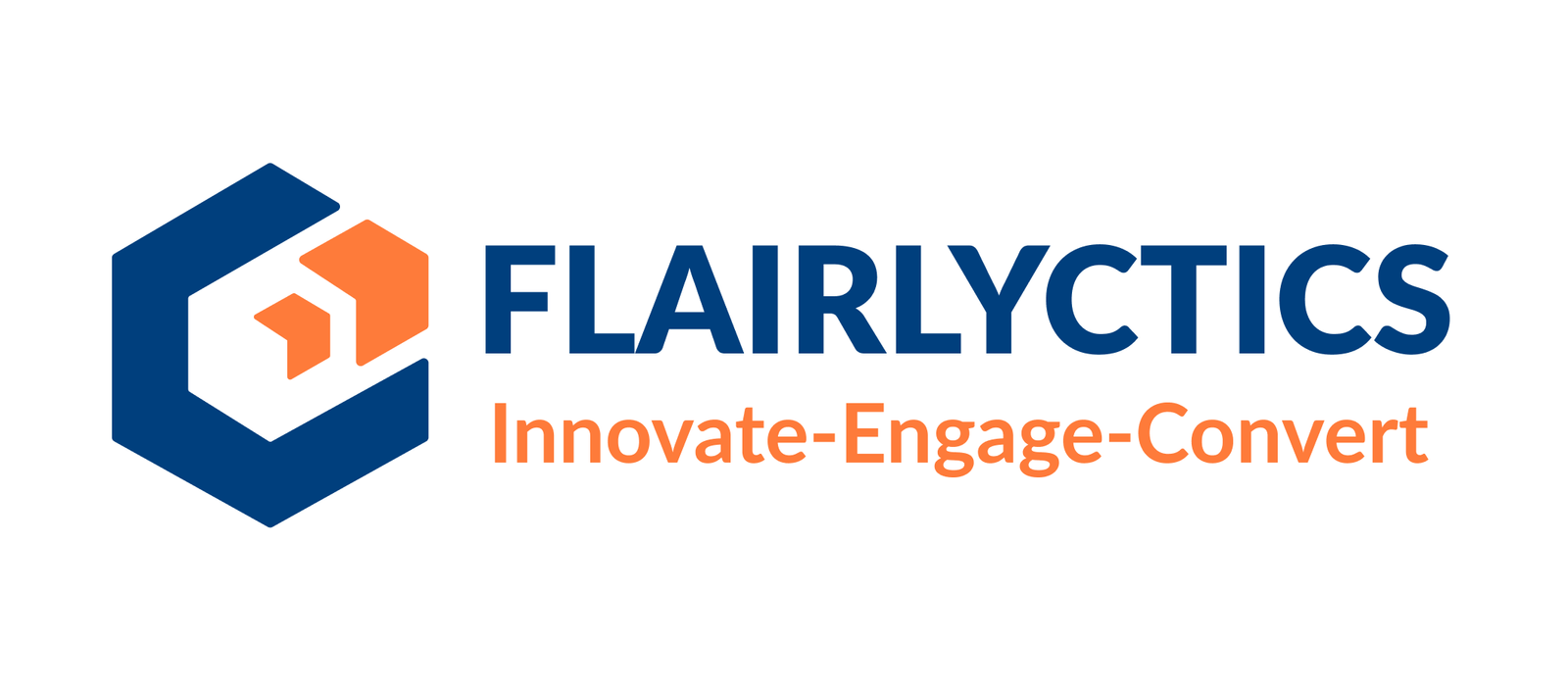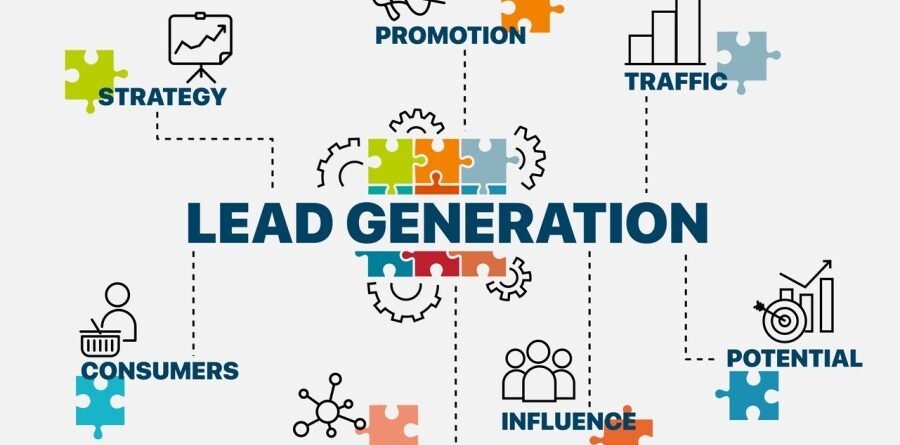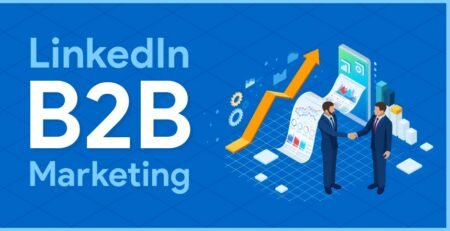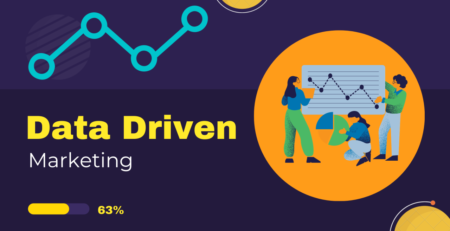B2B lead generation is one of the most important aspects of driving growth for businesses in the B2B space. However, lead generation is not just about collecting contact details; it’s about finding high-quality leads who are genuinely interested in your services or products. Effective lead generation can lead to a pipeline of sales opportunities that are far more likely to convert, resulting in long-term business relationships and increased revenue.
Key Strategies for Effective Lead Generation:
- Content Marketing:
Content marketing is at the heart of successful lead generation. By creating valuable content that educates, informs, and solves problems for your target audience, you can attract leads who are seeking solutions to their pain points. Examples of effective content include blog posts, white papers, eBooks, case studies, and webinars.
Content marketing not only establishes your authority in your field but also helps nurture leads through the sales funnel. By offering valuable information for free, you build trust with your audience and encourage them to take the next step—providing their contact details.
- Email Marketing:
Email marketing remains a powerful tool in B2B lead generation. It’s a direct line to your prospects and allows you to nurture leads over time. Building a strong email list and segmenting it based on buyer personas or behaviors is key. Personalized, targeted email campaigns that speak to specific interests or challenges of your leads can significantly increase conversion rates.
- Social Media Marketing:
Platforms like LinkedIn, Twitter, and Facebook can be excellent for generating B2B leads. LinkedIn, in particular, offers businesses the opportunity to connect directly with decision-makers in their industry. Sharing insightful content, engaging with your audience, and participating in relevant groups can help you build a following of potential leads.
- SEO and SEM:
Search engine optimization (SEO) is crucial for attracting organic traffic. Optimizing your website and content for search engines helps you rank for keywords relevant to your business, making it easier for potential leads to find you. Complementing your SEO efforts with paid search campaigns (SEM) can further boost visibility and drive targeted traffic to your site.
- Lead Scoring and Qualification:
Not all leads are created equal. Implementing a lead scoring system helps you prioritize leads who are most likely to convert into customers. This scoring can be based on demographic data, engagement levels, and behaviors such as downloading content, attending webinars, or visiting your pricing page.
- Automation Tools and Software:
Marketing automation tools like HubSpot, Marketo, or Salesforce can streamline your lead generation efforts. They allow you to automate repetitive tasks, segment leads, score them, and track interactions. Automation ensures that no lead is forgotten and that each prospect receives personalized communication at the right time in their buyer’s journey.
Conclusion:
B2B lead generation is not a one-size-fits-all strategy. It requires a multi-channel approach, personalized content, and the use of technology to streamline and optimize your efforts. By continually testing, measuring, and refining your strategies, you can generate high-quality leads and create lasting relationships with potential clients.













Leave a Reply